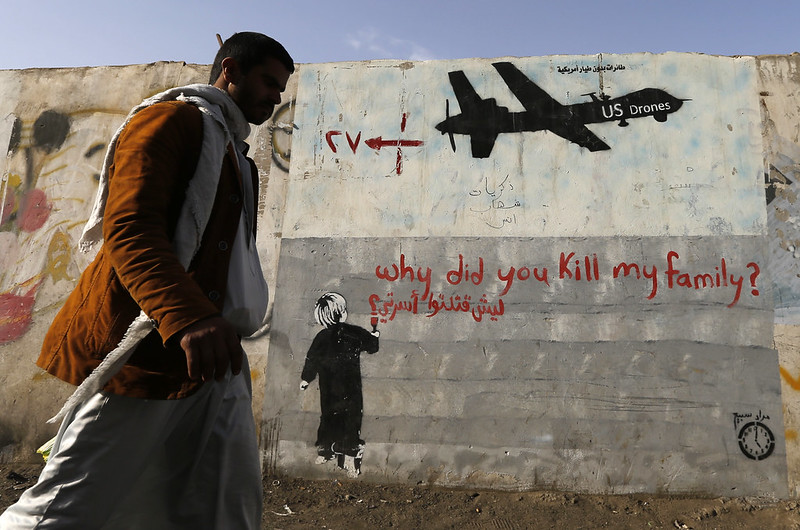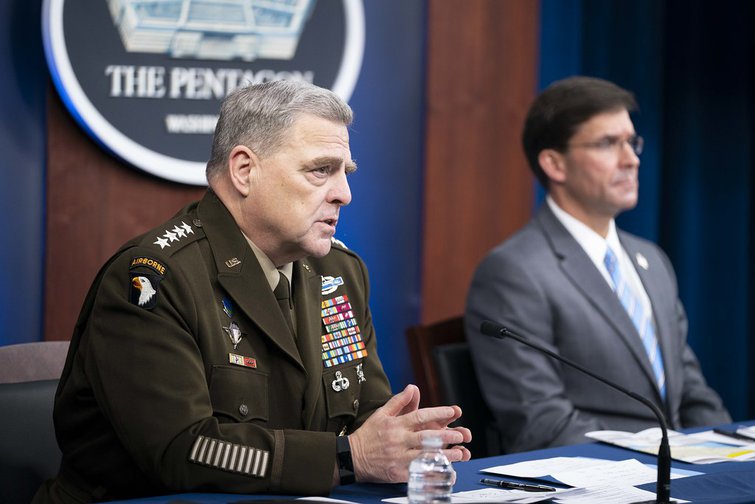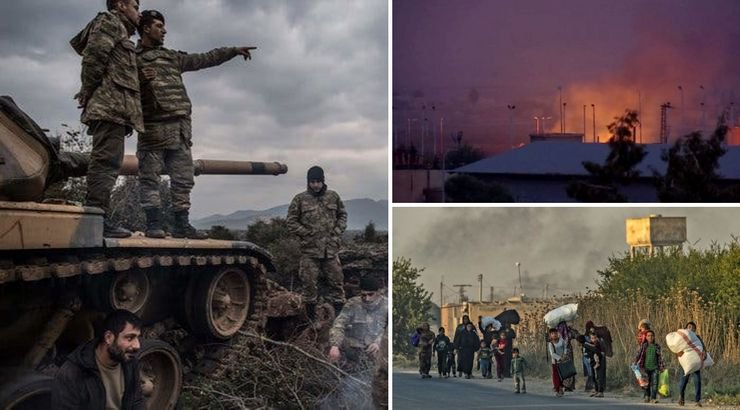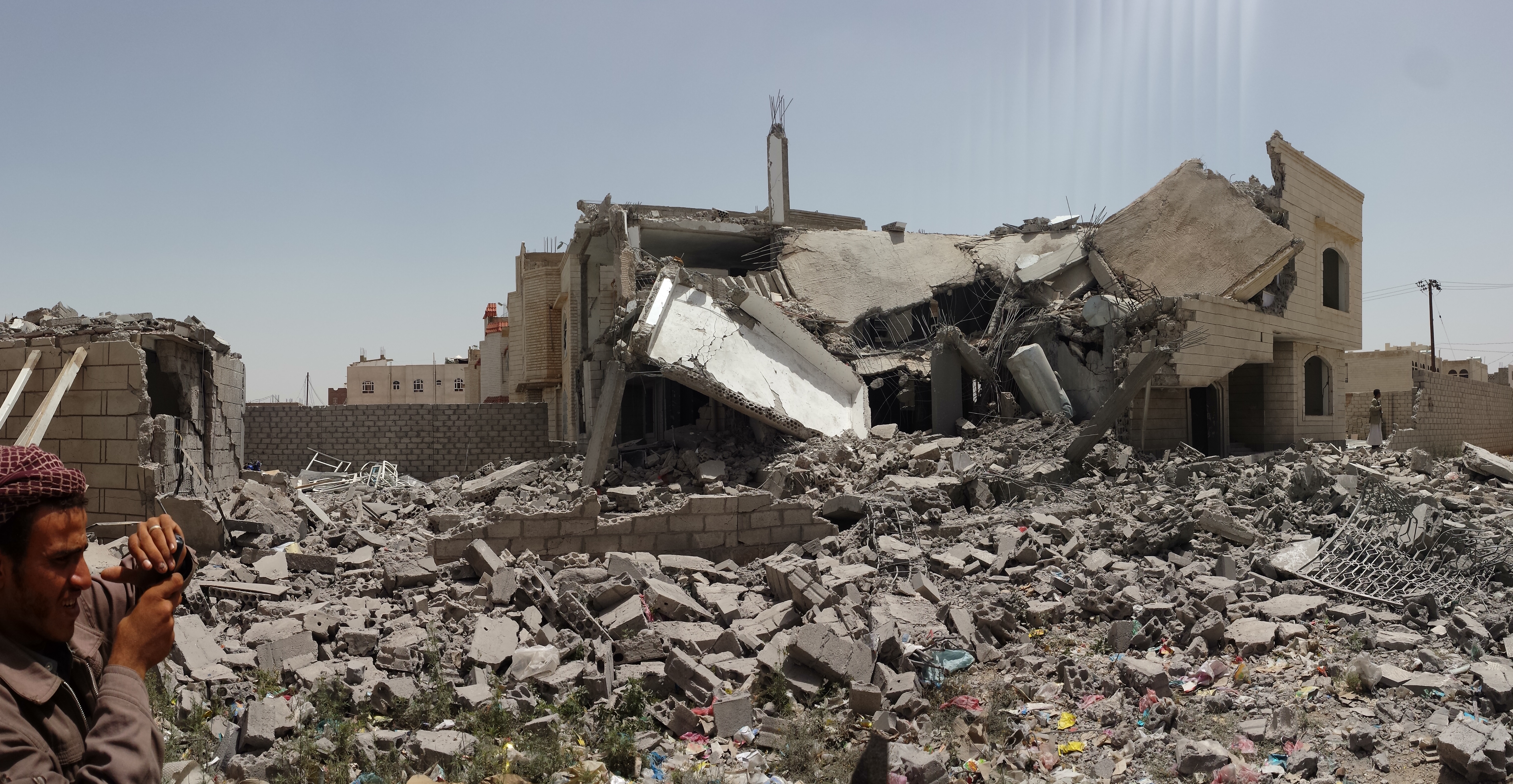Young jihadis across continents are turning to violence – and that will continue whatever the new old rulers of Afghanistan choose to do
By Paul Rogers Published 8-18-2021 by openDemocracy
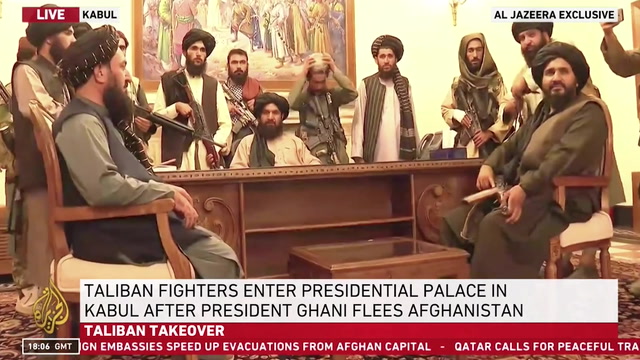
Screenshot: The Independent
Seventy-two hours after entering Kabul, the Taliban are effectively in control of all of Afghanistan. The chaotic and heart-breaking scenes at the airport stem in large part from appalling intelligence failures by the US, the British and their NATO allies, and it is difficult to see how their governments can make amends apart from providing emergency humanitarian assistance.
In the UK, there are also direct questions to be asked of Boris Johnson’s government. By last Thursday it was already clear that the Taliban were making substantial gains, but the foreign secretary stayed on holiday and Johnson took off for his own break on Saturday. In the wider international community, the UK’s standing is near rock bottom, and one suspects Johnson is not far off being a laughing stock. Continue reading





